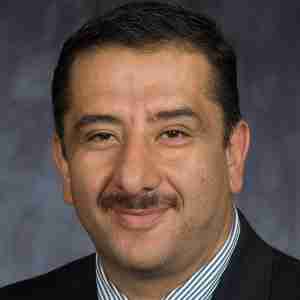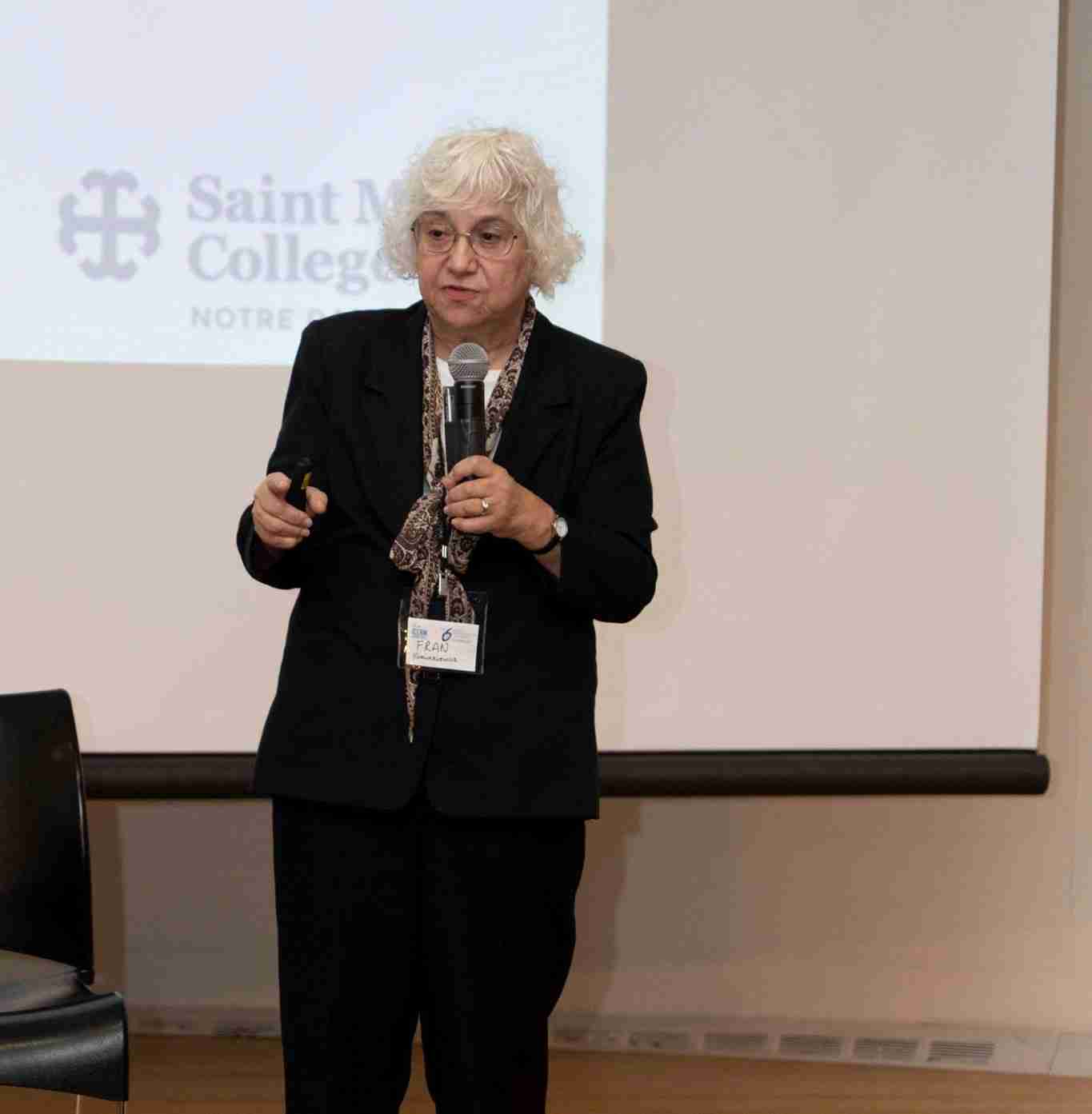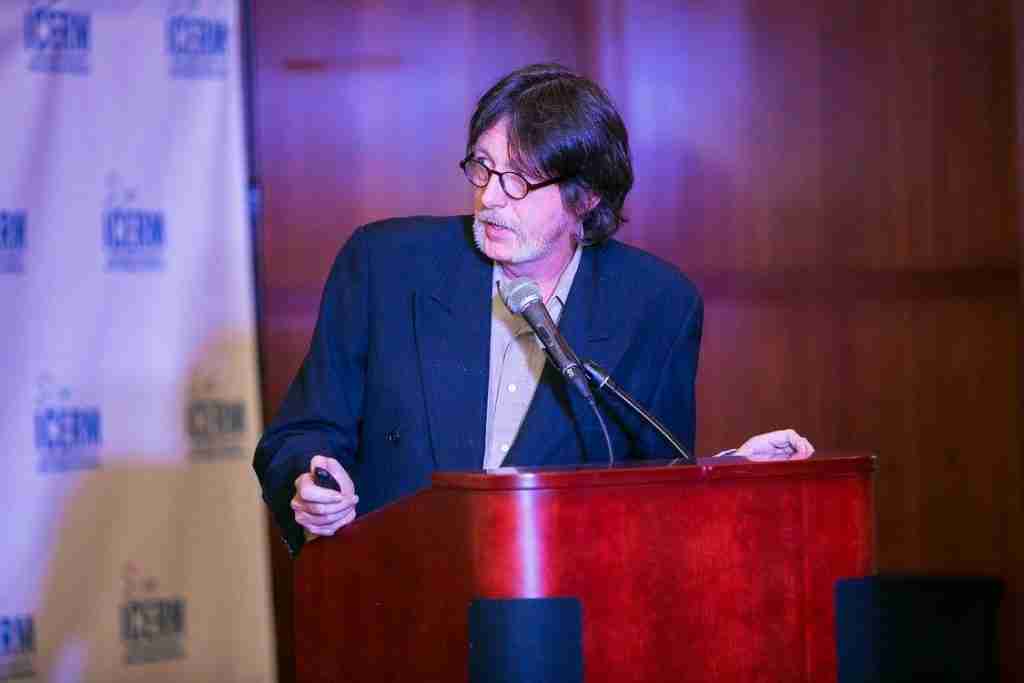Interreligious Conflict Resolution

Interreligious Conflict Resolution on ICERM Radio aired on Saturday, June 18, 2016 @ 2 PM Eastern Time (New York).

Listen to the ICERM Radio talk show, “Lets Talk About It,” for an illuminating discussion on “Interreligious Conflict Resolution,” with Dr. Mohammed Abu-Nimer, Professor, School of International Service, American University & Senior Adviser, King Abdullah bin Abdulaziz International Centre for Interreligious and Intercultural Dialogue (KAICIID).
Prof. Abu-Nimer is a Senior Advisor to King Abdullah bin Abdulaziz International Centre for Interreligious and Intercultural Dialogue (KAICIID) and a professor at the School of International Service at American University.
At the International Peace and Conflict Resolution program he served as Director of the Peacebuilding and Development Institute (1999-2013). He has conducted interreligious conflict resolution training and interfaith dialogue workshops in conflict areas around the world, including Palestine, Israel, Egypt, Chad, Niger, Iraq (Kurdistan), Philippines (Mindanao), and Sri Lanka.
He also founded Salam Institute for Peace and Justice, an organization that focuses on capacity building, civic education, and intrafaith and interfaith dialogue.
In addition to his numerous articles and books, Dr. Abu-Nimer is the co-founder and co-editor of the Journal of Peacebuilding and Development.



